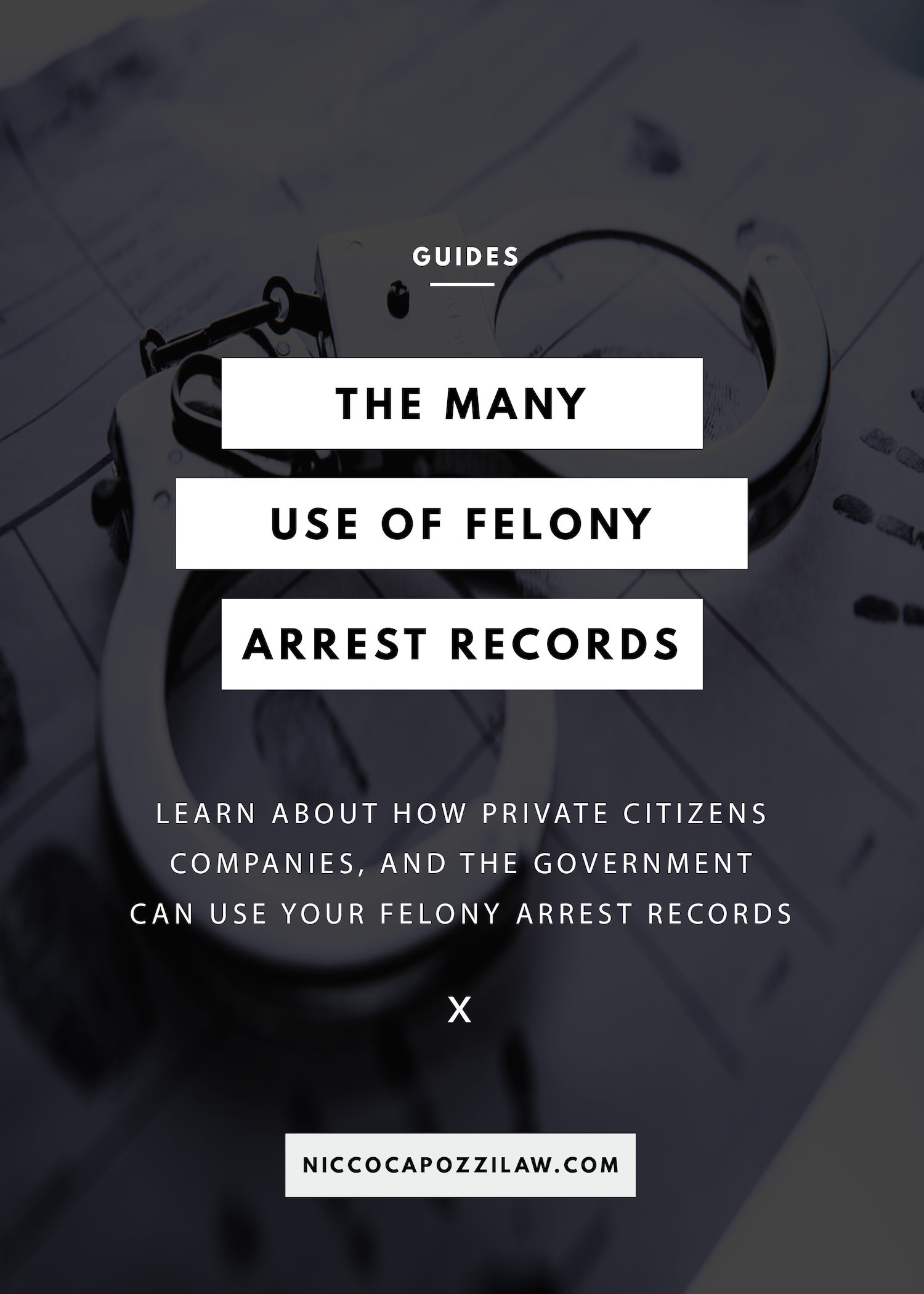Nearly 10,000 people in the United States were killed in alcohol-related driving accidents in 2014. And these deaths accounted for 31 percent of all traffic-related fatalities in the U.S. that year. Despite the devastating consequences, drinking and driving continues to be a serious problem.
The Legal Limit
All 50 states have made it illegal to drive with a blood alcohol concentration (BAC) of .08 grams per deciliter or greater. Your BAC can be affected by the number of drinks you've had and how fast you drank them, your weight and gender, and how much food is in your stomach. At a BAC of .08 g/dL or higher, your perception is impaired and your ability to process information is reduced, making it difficult to drive safely even if you feel fine.
When You Can't Say No
The No-Refusal initiative allows law enforcement to quickly obtain a warrant for a blood test for suspected drunk drivers who refuse breath tests. On-call judges and magistrates can authorize these warrants over the phone during these no-refusal periods to streamline the process and help gather solid evidence to convict.
DUI and DWI Laws and Consequences
While the laws and penalties vary considerably from state to state, all but eight have some form of license suspension for a first drunk-driving offense. And judges in all states can require convicted drunk drivers, even first-time offenders, to have ignition locks installed in their vehicles to analyze their breath and determine that no alcohol is present before the engine will start.
One drunk-driving conviction is bad enough, but the penalties for repeat offenders can be much worse. If you plan to drink, always plan to have someone else drive you home.






